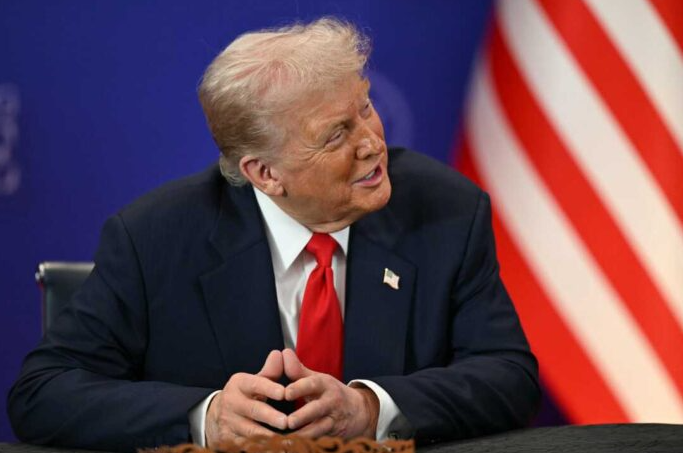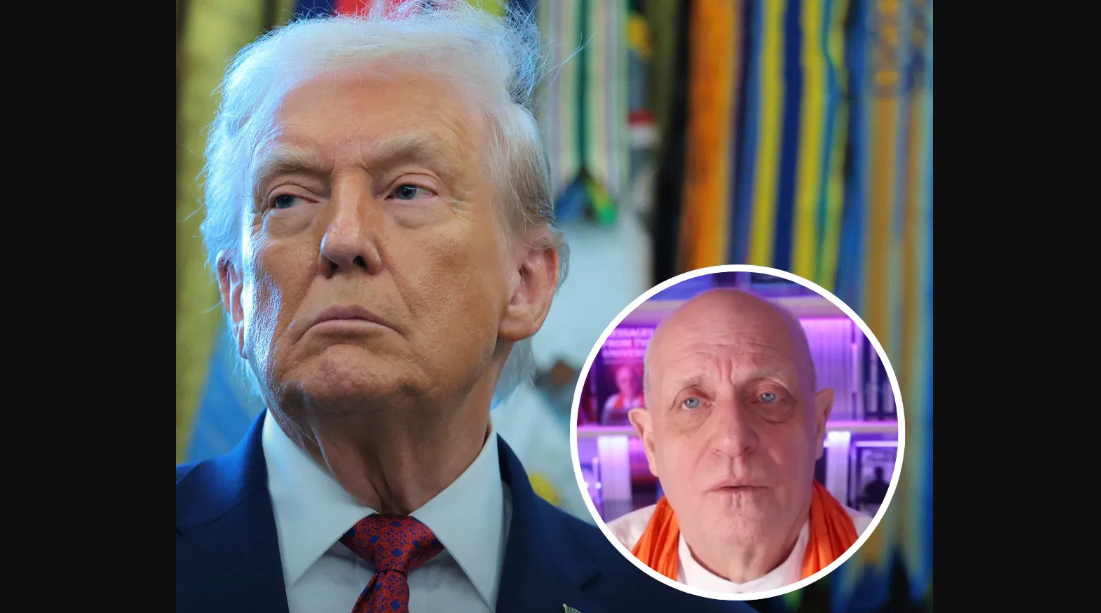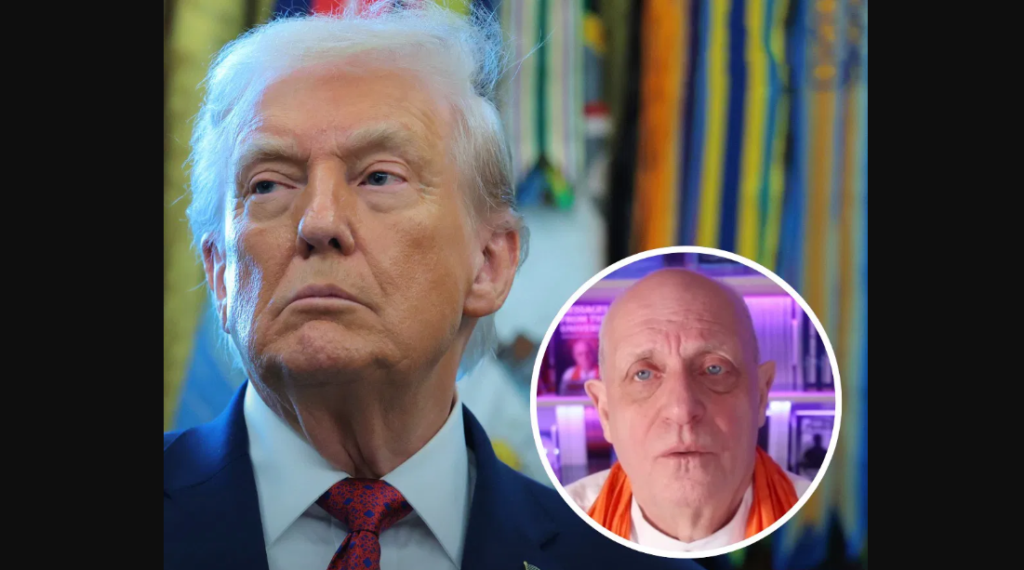The Fulbright Program represents one of the most respected and long-standing academic exchange initiatives sponsored by the United States, serving as a remarkable symbol of educational diplomacy that has built meaningful relationships among scholars from countries worldwide for close to eight decades.
A wave of resignations from its top leadership has suddenly brought the entire program into sharp national focus, sparking important conversations about how government policies interact with the world of international education and scholarly exchange.
All twelve members of the Fulbright Foreign Scholarship Board have decided to leave their roles at the same time. In a letter they signed together and released publicly, these experienced leaders expressed deep worries about directions taken by the administration under former President Donald Trump. This unified exit marks one of the most significant demonstrations of concern ever seen at the board level throughout the program’s rich history.
Congress established the Fulbright Foreign Scholarship Board to shape the program’s overall path, to ensure full compliance with United States law, and to protect the cherished tradition of academic independence that has characterized the initiative from its earliest days. In their resignation letter, the members made clear that recent administrative decisions prevented them from fulfilling these critical responsibilities in ways that honored the program’s original mission.
A Legacy Built on Academic Freedom and Bipartisan Trust
The Fulbright-Hays Act of 1961 created a structure intentionally designed to remain steady regardless of changing political leadership in Washington. Key elements include complete academic freedom, oversight shared across both major political parties, and a firm belief that person-to-person educational exchanges create lasting mutual understanding while advancing peace around the world.
The board members who stepped down emphasized that they had served with the same dedication under Democratic and Republican administrations alike, always protecting those core ideals. Earlier administrations from both parties consistently respected the legal independence embedded in the program’s governing statutes.
According to the letter, the new policy directions clearly depart from that long-honored practice.
Concerns Over Award Decisions and Additional Reviews
At the heart of the board’s action lies the claim that many scholars chosen for Fulbright awards in the 2025–2026 cycle had their placements canceled even after passing the regular, expert-led peer review process. Moreover, roughly 1,200 foreign award recipients now face an extra layer of scrutiny that the board never authorized.
The resigning members warned that such actions risk undermining faith in the fairness of the selection system, which could harm the program’s worldwide reputation and make it more difficult to attract outstanding candidates in future years.
They also noted that they raised these issues repeatedly in private discussions with senior officials, yet saw no satisfactory answers or changes.
The Administration’s Perspective on National Security
Officials from the Trump administration have explained that heightened oversight of foreign scholars stems primarily from national security priorities. High-ranking representatives have pointed to real cases where sensitive research materials left the country improperly or where certain exchanges created legitimate worries.
One widely discussed example involved a visiting scholar from China who faced criminal charges connected to attempts to bring biological materials into the United States without permission. Leaders have presented this incident as part of broader patterns that might expose American universities and research centers to avoidable dangers.
Although these events remain uncommon within the enormous landscape of global academic cooperation, they have reinforced calls from some policymakers for stronger screening of visiting researchers and international partnerships.
Finding the Right Balance Between Security and Open Scholarship
This moment illuminates a continuing challenge for American higher education: safeguarding national interests while maintaining the open, collaborative atmosphere that produces groundbreaking discoveries and meaningful cross-cultural connections. Academic leaders frequently remind everyone that the Fulbright Program exists precisely to serve as a bridge between societies, flourishing through openness, transparency, and mutual trust earned over time.
The board members who resigned argued that the recent measures push the program away from its founding purpose, describing the changes as legally questionable and ultimately harmful to larger American interests overseas.
In their public statement, they urged Congress and the courts to protect the Fulbright Program from excessive political pressure and to keep it operating according to the principles that have guided it successfully for generations.
What This Means for Universities and Individual Scholars
The complete departure of the board creates uncertainty for colleges, universities, and the many scholars who depend on Fulbright grants and opportunities. Recipients caught in the additional review process may face delays or interruptions while the program appoints new leadership.
Academic institutions and international partners will naturally look for strong assurances that future selection cycles remain fair and impartial, because global trust in the process forms the foundation of the program’s continued strength.
State Department officials have confirmed that day-to-day Fulbright operations continue without pause. New board members will be named following established legal procedures, and the regular management of grants and exchanges moves forward under existing guidelines.
A Lasting Commitment to Global Learning and Peace
For nearly eighty years, the Fulbright Program has embodied the United States’ dedication to understanding the world through direct educational experiences, cultural immersion, and shared scholarly work. Its alumni include Nobel laureates, distinguished university presidents, pioneering researchers, celebrated writers, and influential community leaders on every continent.
The current transition period highlights how essential the program’s founding values remain. The leaders who chose to step down have drawn fresh attention to those principles and to everyone committed to preserving them.
In the months ahead, lawmakers, educators, diplomats, and citizens will continue discussing how best to honor legitimate security requirements, uphold legal standards, and protect the profound belief that education stands among humanity’s most powerful tools for fostering cooperation, respect, and lasting peace among nations.







